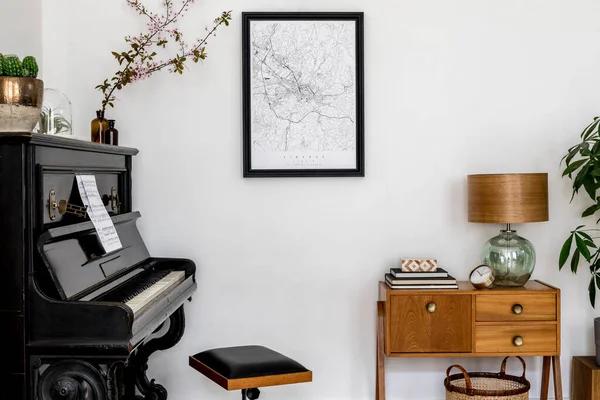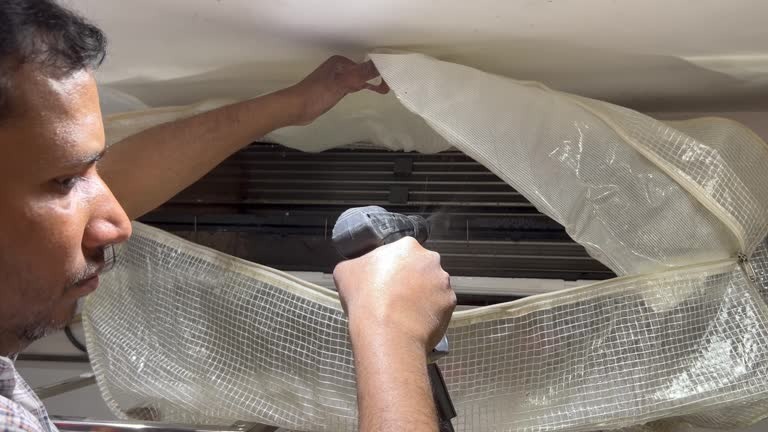
At-home piano lessons offer a unique and enriching opportunity for children to explore the world of music in a familiar and comfortable environment. These lessons provide an excellent foundation for nurturing early musical talent, allowing young learners to develop essential skills while fostering creativity and discipline. The convenience of learning at home eliminates the stress associated with traveling to a studio or adhering to rigid schedules, making it easier for parents and children alike.
One of the key benefits of at-home piano lessons is the personalized attention that students receive. Unlike group classes, where instructors must divide their focus among multiple learners, private sessions at home allow teachers to tailor their approach based on each child’s individual needs, strengths, and pace. This customized instruction ensures that students are not only grasping fundamental techniques but also building confidence in their abilities.
Additionally, learning in a familiar setting can significantly enhance a child’s comfort level. Being surrounded by family members or personal belongings creates an atmosphere of security that encourages experimentation and self-expression. For younger children who may feel intimidated in new environments, this sense of familiarity can make all the difference in cultivating a positive relationship with music from the start.
At-home piano lessons also provide flexibility when dive deeper into it comes to scheduling practice time. Without needing to commute or adhere strictly to external lesson times, families can integrate practice sessions into daily routines more seamlessly. Regular practice is crucial for developing muscle memory and improving technique; having access to the instrument at any time allows children to reinforce what they’ve learned during lessons without delay.
Furthermore, these lessons often emphasize holistic development by incorporating elements such as ear training, rhythm exercises, and even basic composition skills alongside traditional note reading. By engaging both analytical thinking and creative expression simultaneously, young learners gain a well-rounded understanding of music that extends beyond playing individual pieces.
Parents play an integral role in supporting their child’s musical journey during at-home piano lessons. Encouragement from family members helps sustain motivation while creating shared moments of joy through music-making activities together. Whether it’s clapping along to rhythms or celebrating small milestones like mastering a simple melody, these interactions deepen familial bonds while reinforcing progress.
Ultimately, at-home piano lessons serve as an ideal platform for fostering early musical talent by combining convenience with tailored instruction within a supportive environment—laying the groundwork for lifelong appreciation and engagement with music.






